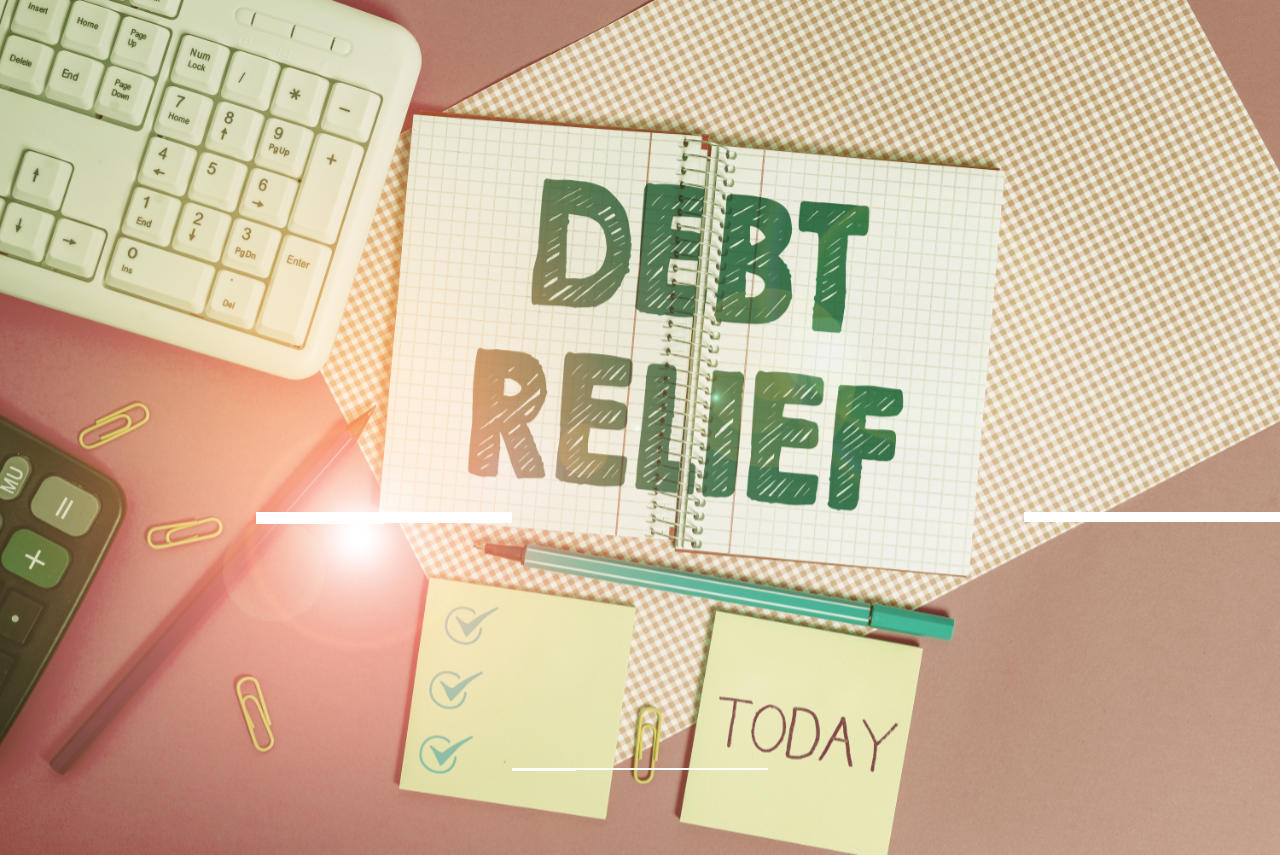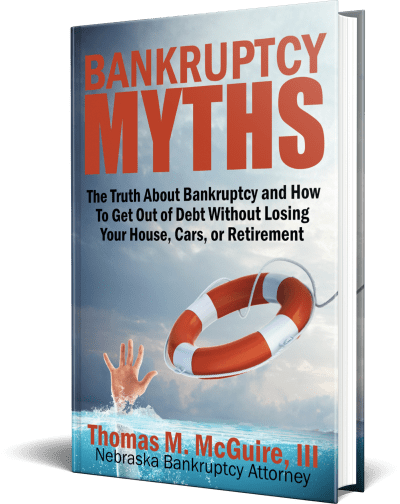If you are feeling overwhelmed with debt, you may have various options to deal with it, which may include chapter 13 bankruptcy and debt consolidation. While these two options share some similarities, they are also very different. An experienced lawyer can review your situation, your options, and the pros and cons of each.
Chapter 13 Bankruptcy Basics
Chapter 13 bankruptcy is sometimes known as wage earner’s or consolidation bankruptcy. It is for consumers who are earning an income and usually make too much money to qualify for chapter 7 bankruptcy.
With a chapter 13 bankruptcy, your debts are reorganized and you make one monthly payment for three to five years to pay off as much debt as possible, given your particular financial situation. You can keep your property with a chapter 13 bankruptcy, unlike with a chapter 7 bankruptcy. After the term of your repayment plan, any remaining eligible debt is discharged.
Pros of Chapter 13 Bankruptcy
Some of the potential benefits of chapter 13 bankruptcy include:
- Reduction of debt load – You may be able to reduce the total debt that you have. In some situations, you can cram down secured debt on loans so you are only paying for the current value of property, rather than the financed cost. Also, you may be able to reduce the interest rate on secured debts, such as vehicle loans. Instead of paying 18%-23% we can reduce the interest to the current prime plus 2% rate (which is significantly lower than the above rates). Through a chapter 13 bankruptcy your car loans, other secured debts, back child support and back taxes will be paid through your monthly payments to the trustee. Additionally, you may pay less than you owe on the overall debt because you only have to make payments for three to five years, instead of until you pay the debt off completely. The chapter 13 stops all fees and interest on the unsecured debt.
- The monthly chapter 13 plan payment is typically determined on your monthly budget. After you pay all of your living expenses; rent, food, clothing, transportation costs, insurance, monthly medical expenses etc., whatever is left over is what is paid to the chapter 13 trustee. This amount pays what it pays and then at the end of the bankruptcy any mounts still owing on the medical bill, credit cards or other unsecured loans will be wiped with a few exceptions like student loans.
- The creditors have a certain amount of time to file a claim in your case stating how much is owed. If the credit cards or medical bills do not file a claim then they do not get paid through your bankruptcy but will still be wiped out at the end of the case when you receive your discharge. Many creditors don’t even file a claim.
- Protection of property – You may be able to protect your home, vehicle, paycheck, and money in your financial accounts from collections, foreclosures, liens, or seizures. When you file bankruptcy, an automatic stay is put in place that prevents any further collection or enforcement action against you.
- Reduction of repayment term – A chapter 13 bankruptcy can potentially cut years off of debt repayment terms, reducing an endless term to three or five years. The chapter 13 is nice because it puts all of your debt, except for ongoing mortgage and child support payments, under one person the chapter 13 trustee who distributes the payments out to the creditors. It is no longer a free for all where you don’t know what debts are getting paid and who is collecting what debt. There is finality to it. You know you will be done in that three to five year period.
Cons of Chapter 13 Bankruptcy
The Chapter 13 last three to five years depending on your situation. This is the same or better than debt consolidation which will last the same or longer.
Bankruptcy may negatively impact your credit score at first. Usually though, filing the bankruptcy will actually improve your credit because it stops all of the negative reporting and your debt to income ration should improve because when you are done with the bankruptcy you should have no further debt unless you have a mortgage or student loans. The purpose of filing bankruptcy is to give individuals a Fresh Start in life and one aspect of this is by improving ones credit score. Your credit score will all depend on what you do after your case is filed.
What Is Debt Consolidation?
Debt consolidation combines multiple debts, usually into a new loan or line of credit. The new loan has new repayment terms, usually that provide a lower interest rate, different repayment term, or other terms that make the repayment more affordable or favorable for the consumer.
Multiple debts are combined together, which can simplify things. This can avoid having different due dates or multiple service charges. It can also help lower high-interest debt, which is why many consumers use it to reduce interest rates for debts like:
- Credit cards
- Auto loans
- Student loans
The consumer makes one monthly payment toward the new loan for the repayment term.
Pros of Debt Consolidation
Some of the potential benefits of debt consolidation include:
- Consumers may be able to lower their interest rates, which can result in thousands of dollars of savings over the life of the debt, depending on the previous interest rate
- Making consistent payments on the new loan may help pay off the debt faster than might have been possible without consolidation.
- It may be possible to protect your credit score with a debt consolidation loan because you are taking control of your debt, paying off debt, and not missing payments.
- Debt consolidation loans can simplify your finances because you are only making one payment toward the consolidated debt, making it less likely to miss a payment.
Cons of Debt Consolidation
There are some potential drawbacks to debt consolidation, including:
- The debt consolidation company (DCC) will tell you to stop making payments to the creditors so that the creditors will then work with them. Not all creditors will work with these companies. If this occurs then the creditors who choose not to work with the DCC will end up suing you, garnishing your wages which then results in you not being able to afford the DCC’s monthly payment. Then your whole plan falls apart to repay the debt.
- Debt consolidation companies typically take their fees upfront from your first initial payments. Many times no debts get paid for several months because the DCC’s fees need to be paid first. If you end of getting sued and garnished then no creditors get paid except for the DCC.
- It may take years to pay off the consolidation loan with interest.
- Some consolidation loans may require collateral, which can transform your unsecured debt to secured debt.
- Consumers can wind up in debt again if they do not change the behaviors that resulted in the debt in the first place.
- Credit scores can decline if the consumer misses payments. This especially happens with debt consolidation companies because the creditors will not work with DCC if you are current on your regular monthly payments to the creditor.
- Already financially distressed consumers may have to pay upfront costs for debt consolidation loans, such as loan origination fees or closing costs.
Contact a Knowledgeable Lawyer for Help
If you would like to explore your options, reach out to an experienced lawyer from our firm for help. We can review your particular situation and advise you of the best path forward to resolve your debt and get the relief you need. Contact us today for a confidential consultation.



